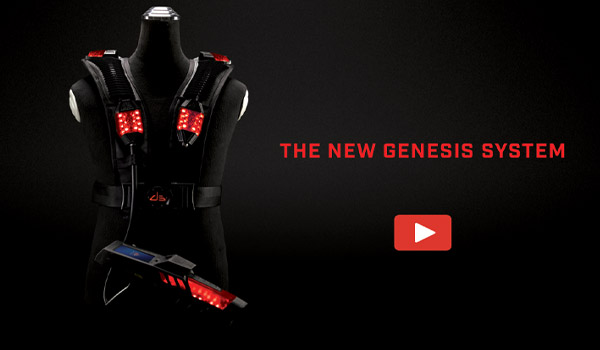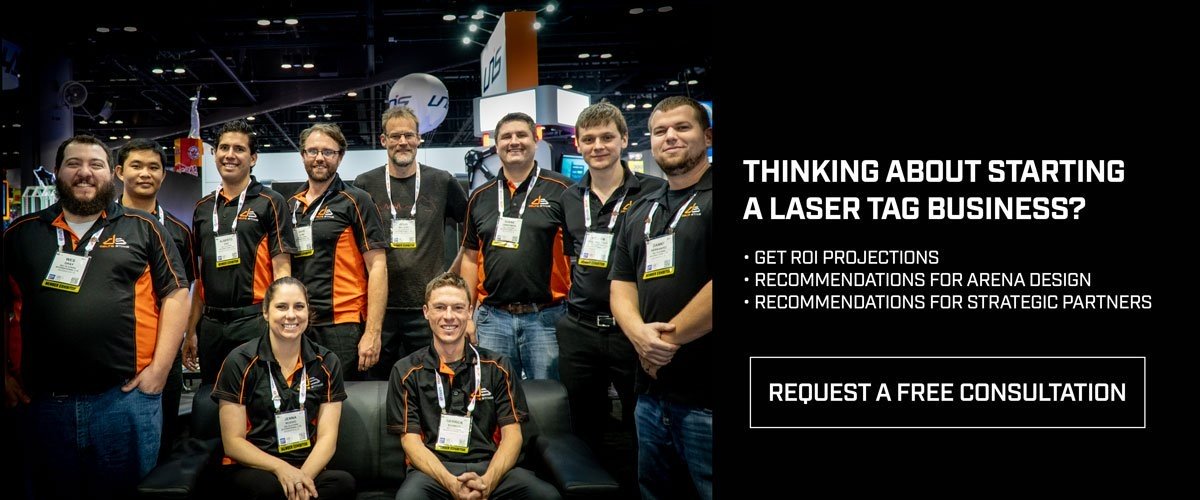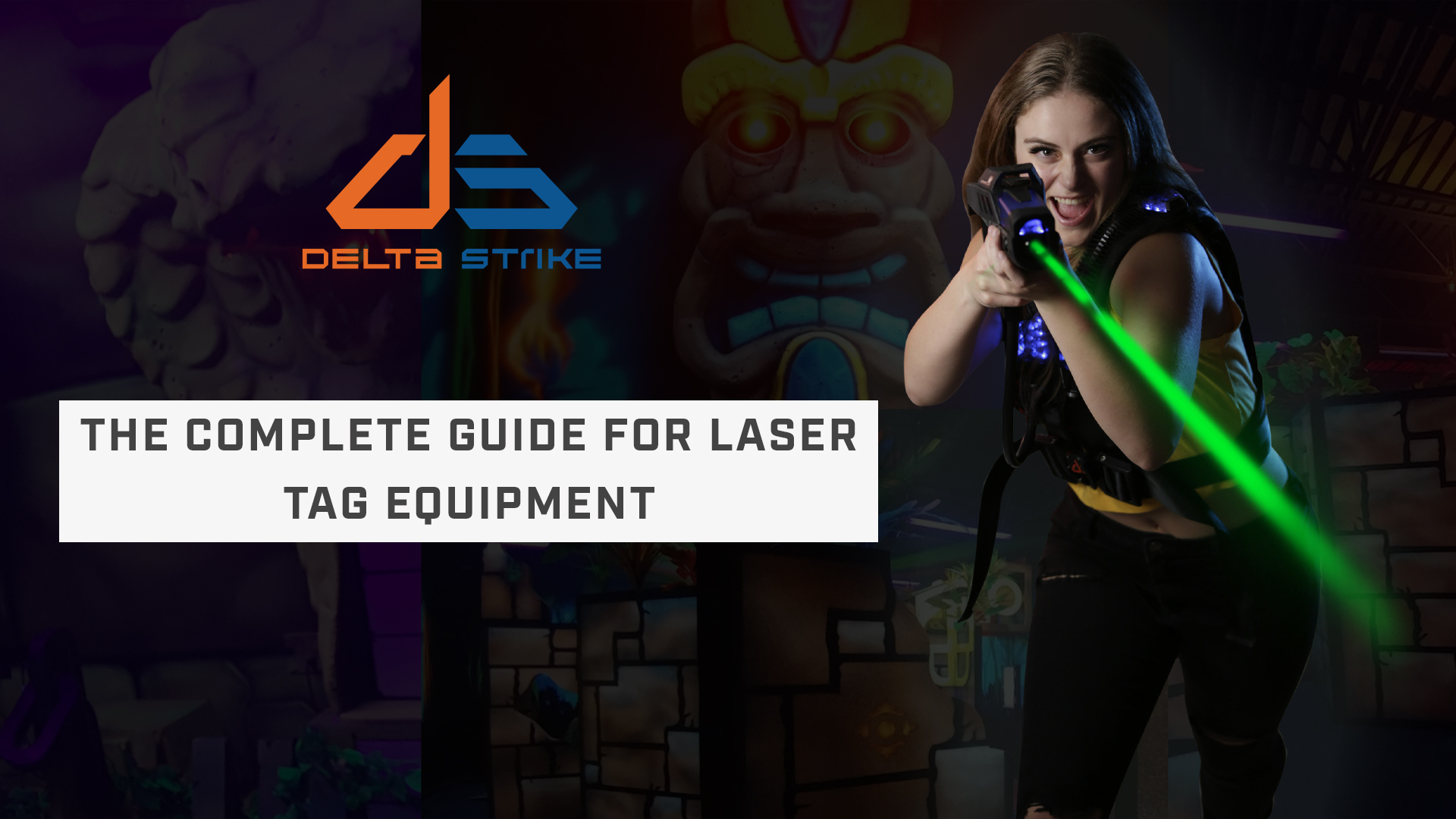Thanks to Amazon, many of you have already conquered your holiday shopping with ease. The frictionless process of finding gifts, shipping it (for free), and purchasing is a modern marvel.
With 95 million people with Amazon Prime memberships, it is no wonder the eCommerce leader has 49 percent of market share.
As Amazon’s founder, Jeff Bezos, will tell you, “The No. 1 thing that has made us successful by far is the obsessive-compulsive focus on the customer.”
This commitment to the customer experience is evident in the level of personalization they demonstrate on their site. Amazon’s algorithm shows an endless array of more items to explore and consider using your shopping behavior.
This commitment to the customer experience is evident with the level of personalization they demonstrate on their site. Amazon’s algorithm shows an endless array of more items to explore and consider by using your shopping behavior.
If Amazon were a static website that displayed the same items to everyone, it would not be the most beloved Millennials brand. To see the personalization level for yourself, take a look at the home screen of your Amazon account. Now, look at the home page from a friend or family member’s account.
Do you notice anything different? Of course, you do. You are witnessing a high level of personalization that is perfectly executed.
What is personalization? Gartner defines it as the “process that creates a relevant, individualized interaction between two parties designed to enhance the experience of the recipient.”
So how do you incorporate more personalization with your business?
It all starts with a commitment to continuously improving the guest experience. Once you have that down, here are a few ways you can introduce personalization at your center:
According to a recent consumer survey, 63% of respondents expect personalization as a standard of service and believe they should be recognized as individuals when they receive special offers. But, when you study all the promotional offers your competitors are using, you will find universal promotional offers flooding the market. When everyone uses the same acquisition channels like Facebook and email, it’s easy for consumers to tune out and ignore your messages.
Here are examples of promotional offers you will find in any given market:
- Free birthday parties
- Giveaways
- Bundled packages, i.e., unlimited access to laser tag and other attractions
- BOGO
- Discounts on loyalty cards and attractions
With so many marketing messages competing for the inbox and avoiding the Promotions tab in Gmail, personalization becomes even more critical.
To help you cut through the noise, here is a simple strategy to apply:
- Identify. When you leverage customer data such as purchasing behaviors and habits (e.g., a customer who plays laser tag every Tuesday night) or life events such as birthdays or graduations.
- Segment. Once you have identified whose needs you can satisfy, separate them into appropriate lists. A good example is a list of parents who celebrated a Bar Mitzvah at your center, which you can nurture over the years until they graduate.
- Engage. Now that you have your customer segments, you can choose which communication channels to leverage. If you know whether the parent preferred to communicate via email or phone, you will deliver a better experience.
By adopting this approach, your promotional offers will increase the chances of hitting the mark. In the long-run, your ability to personalize your customers’ interactions will build customer loyalty and give you a sustainable competitive advantage.
The attention to detail can make or break the birthday party experience. Since birthdays are such emotionally charged events, customer expectations are incredibly high. One simple mistake can spread negative word-of-mouth.
As Jeff Bezos wisely said, “If you make customers unhappy in the physical world, they might each tell six friends. If you make customers unhappy on the internet, they can each tell 6,000.”
By looking for ways to personalize every interaction, you will minimize the chances of going through those painful learning experiences.
Start by listing every touchpoint a customer could or does with your organization throughout the entire party booking and delivery process. Then come up with ideas where it would make sense to add the right level of personalization.
You might develop ways to make the guest of honor feel extra special, like having signage with their name on it at the front entrance or a pin.
If you are looking for a more in-depth workshop to take your party business to the next level in 2020, request a free scholarship to the upcoming Birthday University session in Orlando.
You may have noticed more personalized products on the rise in retail. Whether it is a Coke bottle with your name on it during the “Share A Coke” campaign or a Peppermint Latte from Starbucks with your name on it, personalization is a wise business practice.
As Dale Carnegie once said, “A person’s name is to that person, the sweetest, most important sound in any language.” That could explain why 1 in consumers are willing to pay more to receive a personalized product or service.
In laser tag, not knowing whom you are playing against has long been the norm. That is why we introduced players’ ability to take “selfies” to humanize and personalize the laser tag experience. During the unveiling at IAAPA this year, we were pleased to earn recognition for the best new product concept.
If you would like to see the ability to personalize the laser tag experience, you can join a virtual meeting with one of our consultants or visit an upcoming industry event. Want to be the first to introduce Genesis into your market? Then pre-order here.
Personalizing the guest experience is a journey, not a destination. You can do things easily, and things like investments into personalized attractions that take more time to implement. In the coming years, we predict consumers to want more personalization, not less.
The future belongs to those who commit to improving the guest experience, and personalization is a crucial piece of the puzzle. Don’t let the fear of misspelling names hold you back from creating a deeper relationship with your guests.
While being on a first-name basis with every single guest may not be possible, it’s worth a try.


